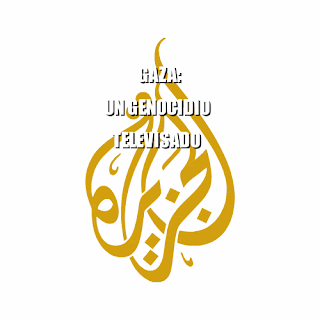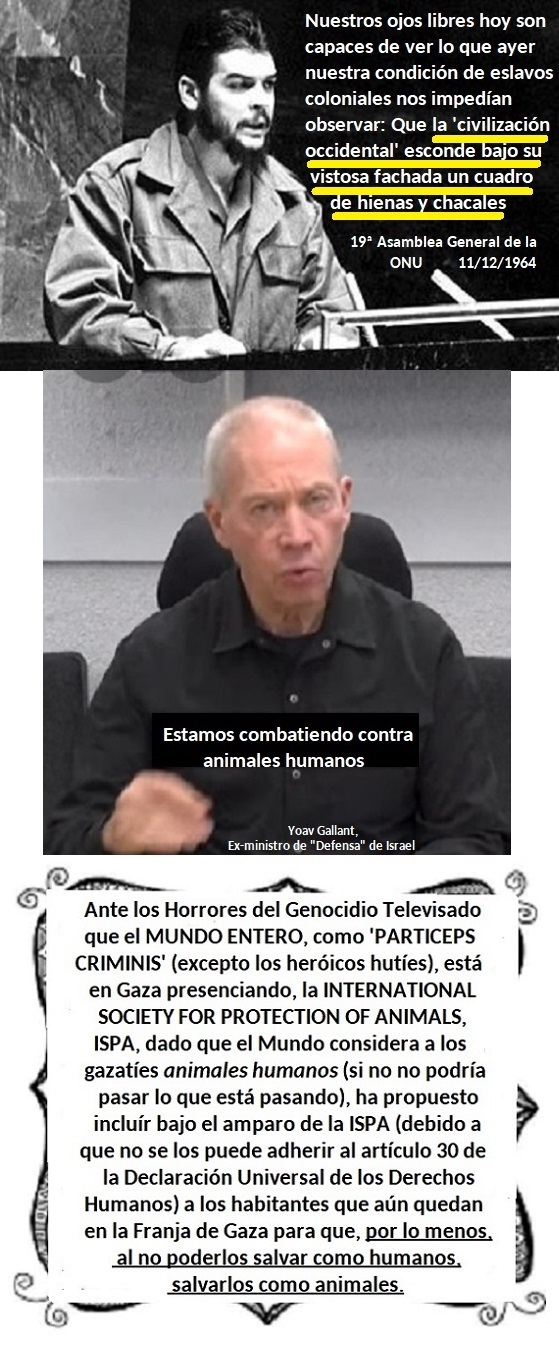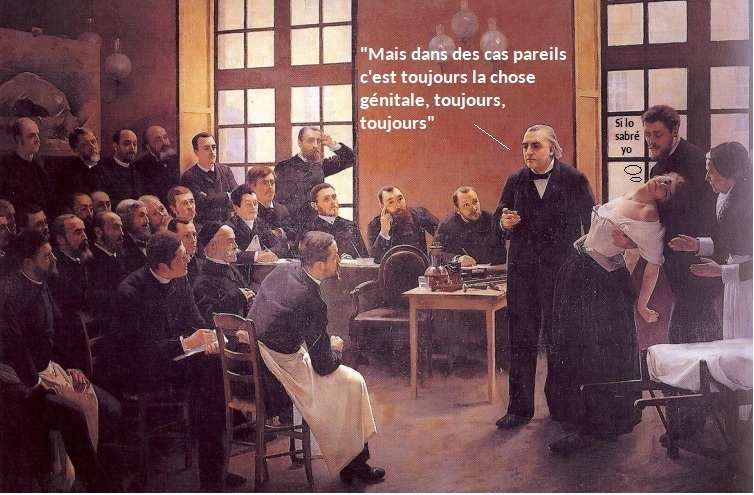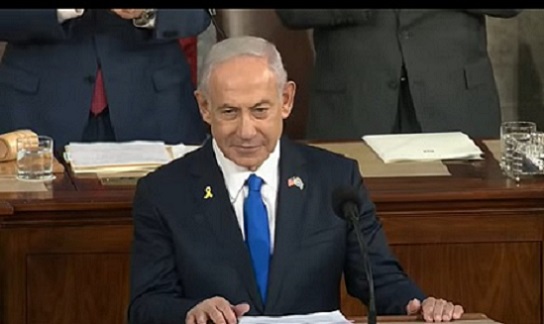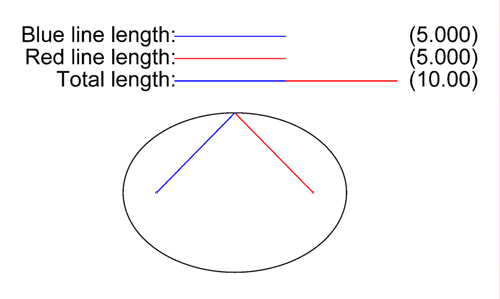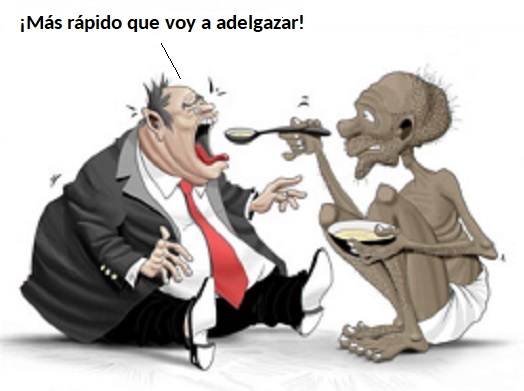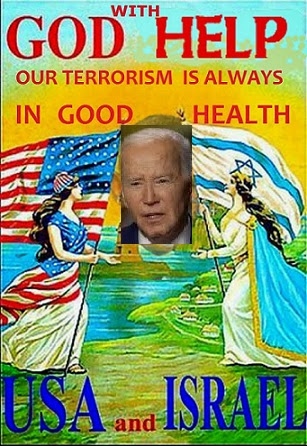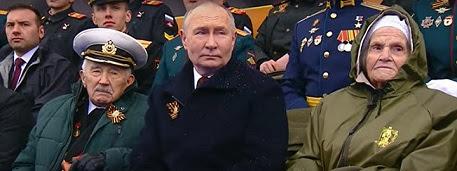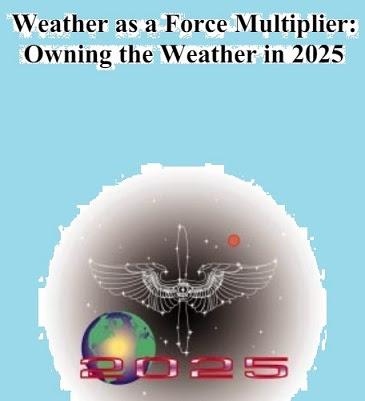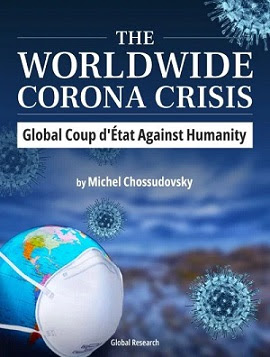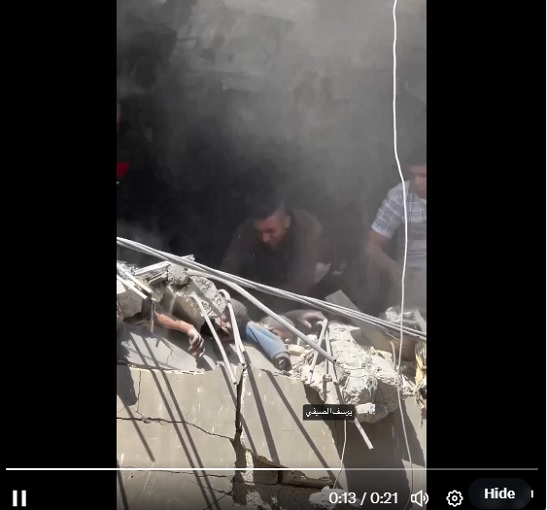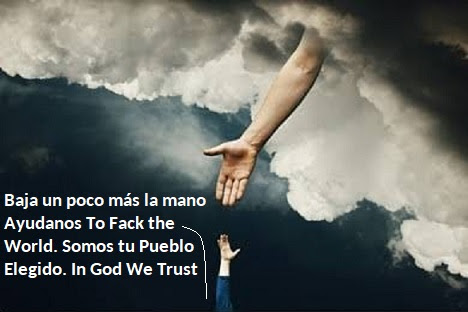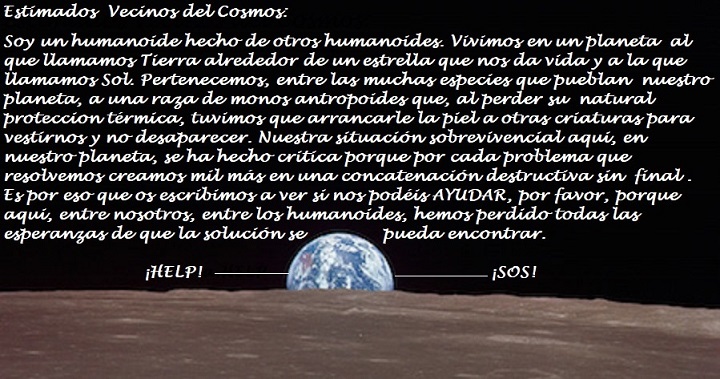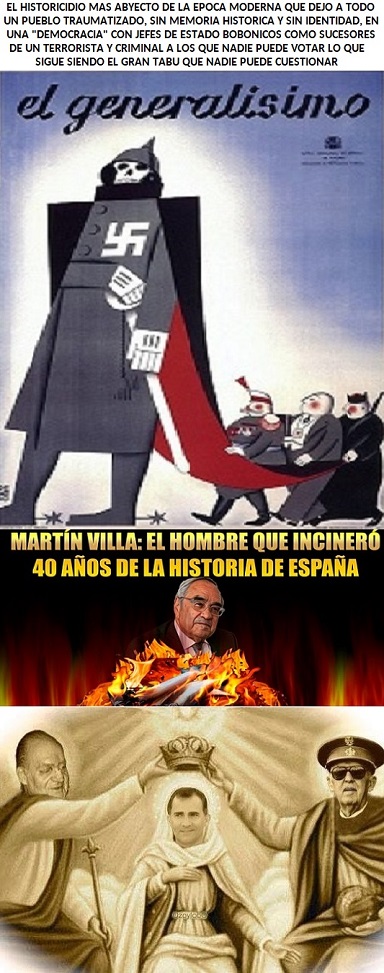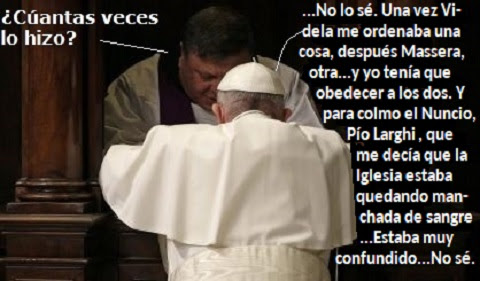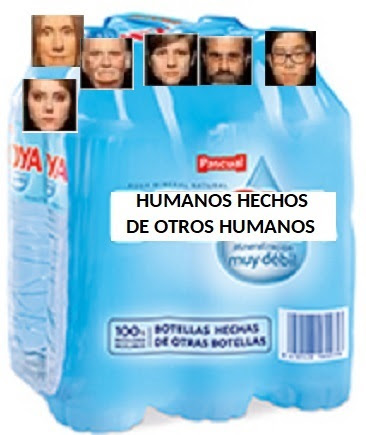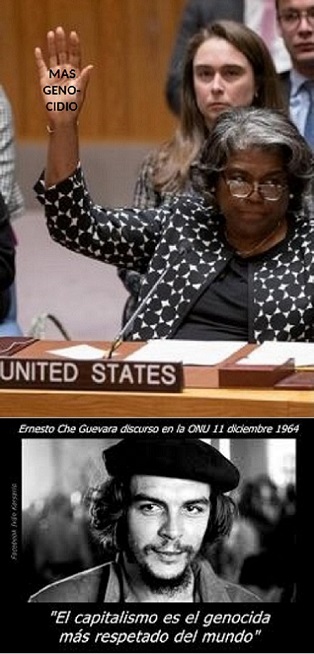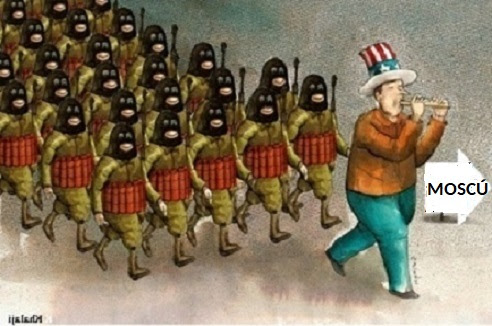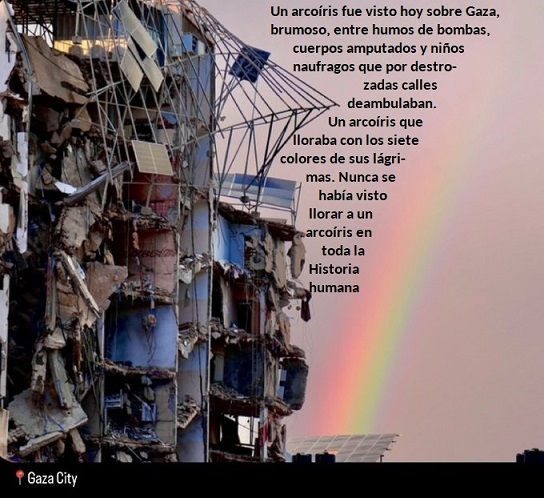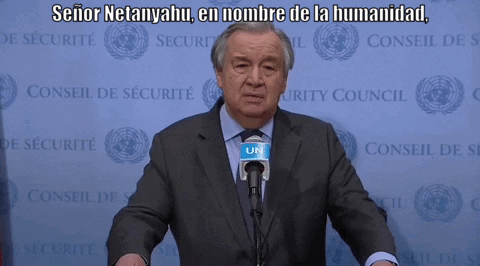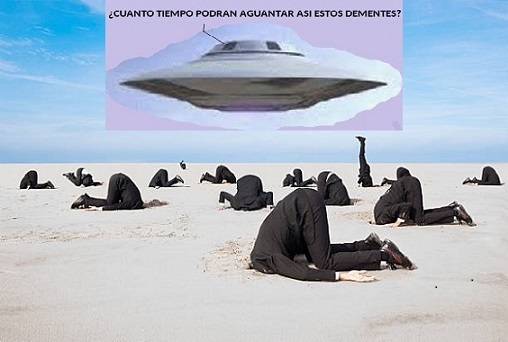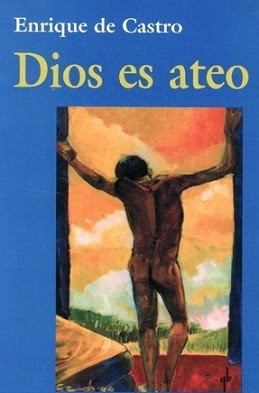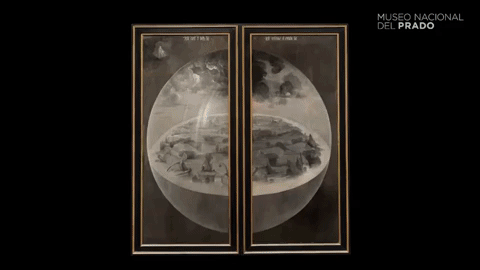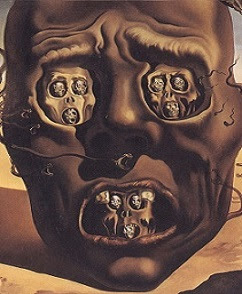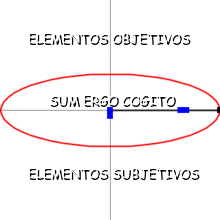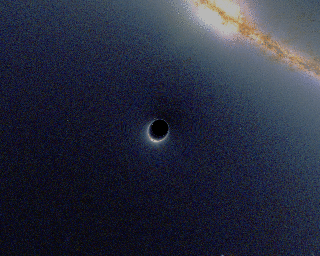Nuclear bombing of Hiroshima, Nagasaki was unjustified - US experts
Seventy years have passed since the infamous bombing of the Japanese cities of Hiroshima and Nagasaki by the United States; however, it seems that the historical lesson still remains unlearned.
Seventy years ago, in early August 1945, the United States dropped nuclear bombs on the Japanese cities of Hiroshima and Nagasaki, and in so doing became the first and only nation in history to launch atomic weapons of mass destruction against civilians.
"The whole truth of what the Nuremburg tribunal would later help define as an international war crime and a crime against humanity has been heavily censored and mythologized ever since war-weary Americans in 1945 accepted the propaganda that the bombings were necessary to shorten the war and prevent the loss of a million US soldiers during the allegedly planned November 1945 invasion," American researcher Dr. Gary G. Kohls pointed out.
The massive nuclear strike resulted in the death of tens of thousands of peaceful Japanese civilians.
On August 6, 1945 American pilot Paul Tibbets attacked the city of Hiroshima with the atomic bomb "Little Boy." Over 70,000 died immediately, including 16 American prisoners of war. About 200,000 died in agony from the radiation sickness months later.
On August 9 another American B-29 bomber called Bockscar released "Fat Man," the plutonium bomb named after Winston Churchill, over the port city of Nagasaki. About 75,000 Japanese civilians died from the blast, while over 70,000 were seriously wounded.
"Japanese Emperor Hirohito announced Japan's decision to surrender unconditionally on August 12, 1945. Had Hirohito not surrendered, the United States had plans to drop atomic bombs on Kyoto, Yokohama, and Kokura. If those bombings failed to succeed in forcing Japan's hand, two additional nuclear bombings would have been launched against Niigata and Hirohito's own imperial palace in downtown Tokyo," US author and investigative journalist Wayne Madsen narrated.
Embarrassingly enough, US historians and policy makers continue to claim that the bombing of defenseless Hiroshima and Nagasaki was justified and prevented even greater casualties.
However, they remain silent about the disturbing fact that Japan was ready to surrender to the Allies months before the hideous nuclear attack.
"American intelligence agencies, with the full knowledge of President Roosevelt and President Truman's administrations, were fully aware of Japan's search for ways to honorably surrender months before Truman gave the fateful order to incinerate Hiroshima," Dr. Kohls stressed, adding that Washington evidently could have ended the war before Hiroshima.
"Japan was working on peace negotiations through its ambassador in Moscow as early as April of 1945, with surrender feelers from Japan occurring as far back as 1944," the researcher elaborated.
Dr. Kohls quoted then-US Secretary of War Henry Lewis Stimson who admitted: "A large segment of the Japanese cabinet was ready in the spring of 1945 to accept substantially the same terms as those finally agreed on."
The experts noted that America's nuclear muscle flexing was aimed to demonstrate to the world, particularly the USSR and Joseph Stalin, a growing military might of the would-be "global hegemon."
It is worth mentioning that Washington's bellicose policy makers even went so far as to consider "Operation Unthinkable," a plan to nuke the Soviet Union offered by UK Prime Minister Winston Churchill. The plan had been developed by the British Armed Forces' Joint Planning Staff at the end of May 1945, then just weeks later the Soviet Union and its Allies defeated Nazi Germany.
"He [Churchill] pointed out that if an atomic bomb could be dropped on the Kremlin, wiping it out, it would be a very easy problem to handle the balance of Russia, which would be without direction," an unclassified note from the FBI archive stated.
Alas, according to Dr. Kohls "historically-illiterate Americans" are blocked from learning the historical truth about the "American Empire." Thus, predictably, the Pew Research Center polls indicate that almost 56 percent of Americans still believe that the act of dropping atom bombs on Hiroshima and Nagasaki was justified.
Unfortunately, the US' decision to use nuclear weapons against Japan had ushered in an era of the dangerous nuclear arms race of the Cold War, Madsen noted.
"The heirs of the atomic bomb militarists who surrounded Truman are still with us today," the investigative journalist stressed, pointing the finger at warmongering American neocons.
"They are as wrong today as they were on the day America launched the first wartime nuclear attacks. August 6 and 9, 1945 were America's 'days of infamy,'" he added bitterly.
Seventy years ago, in early August 1945, the United States dropped nuclear bombs on the Japanese cities of Hiroshima and Nagasaki, and in so doing became the first and only nation in history to launch atomic weapons of mass destruction against civilians.
"The whole truth of what the Nuremburg tribunal would later help define as an international war crime and a crime against humanity has been heavily censored and mythologized ever since war-weary Americans in 1945 accepted the propaganda that the bombings were necessary to shorten the war and prevent the loss of a million US soldiers during the allegedly planned November 1945 invasion," American researcher Dr. Gary G. Kohls pointed out.
The massive nuclear strike resulted in the death of tens of thousands of peaceful Japanese civilians.
On August 6, 1945 American pilot Paul Tibbets attacked the city of Hiroshima with the atomic bomb "Little Boy." Over 70,000 died immediately, including 16 American prisoners of war. About 200,000 died in agony from the radiation sickness months later.
On August 9 another American B-29 bomber called Bockscar released "Fat Man," the plutonium bomb named after Winston Churchill, over the port city of Nagasaki. About 75,000 Japanese civilians died from the blast, while over 70,000 were seriously wounded.
"Japanese Emperor Hirohito announced Japan's decision to surrender unconditionally on August 12, 1945. Had Hirohito not surrendered, the United States had plans to drop atomic bombs on Kyoto, Yokohama, and Kokura. If those bombings failed to succeed in forcing Japan's hand, two additional nuclear bombings would have been launched against Niigata and Hirohito's own imperial palace in downtown Tokyo," US author and investigative journalist Wayne Madsen narrated.
Embarrassingly enough, US historians and policy makers continue to claim that the bombing of defenseless Hiroshima and Nagasaki was justified and prevented even greater casualties.
However, they remain silent about the disturbing fact that Japan was ready to surrender to the Allies months before the hideous nuclear attack.
"American intelligence agencies, with the full knowledge of President Roosevelt and President Truman's administrations, were fully aware of Japan's search for ways to honorably surrender months before Truman gave the fateful order to incinerate Hiroshima," Dr. Kohls stressed, adding that Washington evidently could have ended the war before Hiroshima.
"Japan was working on peace negotiations through its ambassador in Moscow as early as April of 1945, with surrender feelers from Japan occurring as far back as 1944," the researcher elaborated.
Dr. Kohls quoted then-US Secretary of War Henry Lewis Stimson who admitted: "A large segment of the Japanese cabinet was ready in the spring of 1945 to accept substantially the same terms as those finally agreed on."
The experts noted that America's nuclear muscle flexing was aimed to demonstrate to the world, particularly the USSR and Joseph Stalin, a growing military might of the would-be "global hegemon."
It is worth mentioning that Washington's bellicose policy makers even went so far as to consider "Operation Unthinkable," a plan to nuke the Soviet Union offered by UK Prime Minister Winston Churchill. The plan had been developed by the British Armed Forces' Joint Planning Staff at the end of May 1945, then just weeks later the Soviet Union and its Allies defeated Nazi Germany.
"He [Churchill] pointed out that if an atomic bomb could be dropped on the Kremlin, wiping it out, it would be a very easy problem to handle the balance of Russia, which would be without direction," an unclassified note from the FBI archive stated.
Alas, according to Dr. Kohls "historically-illiterate Americans" are blocked from learning the historical truth about the "American Empire." Thus, predictably, the Pew Research Center polls indicate that almost 56 percent of Americans still believe that the act of dropping atom bombs on Hiroshima and Nagasaki was justified.
Unfortunately, the US' decision to use nuclear weapons against Japan had ushered in an era of the dangerous nuclear arms race of the Cold War, Madsen noted.
"The heirs of the atomic bomb militarists who surrounded Truman are still with us today," the investigative journalist stressed, pointing the finger at warmongering American neocons.
"They are as wrong today as they were on the day America launched the first wartime nuclear attacks. August 6 and 9, 1945 were America's 'days of infamy,'" he added bitterly.
:::::::::::::::::::::::::::::::::::::::::::
:::::::::::::::::
:::::::::::::::::
¿Por qué se aniquiló con bombas atómicas Hiroshima y tres días despues Nagasaky cuándo la fuerza aérea norteamericana había bombardeado sistemáticamente todos los objetivos militares y las ciudades de Japón?
En junio de 1945, el general Curtis LeMay, a cargo de los ataques aéreos a Japón, se quejaba de que después de meses de los bombardeos con NAPALM no había ya nada en las ciudades japonesas mas que blancos de chatarra y basura.
Ya en Julio los aviones norteamericanos podían sobrevolar Japón sin encontrar resistencia y bombardear lo que quisieran ya que Japón no podía defenderse.
Los llamados bombardeos alfombra habían arrasado no sólo las 5 ciudades más importantes, sino también otras 64 ciudades (23 entre 100.000 y 400.000 habitantes y otras 41 ciudades de unos 100.000 habitantes, destruyendo toda capacidad industrial japonesa.
Solo el bombardeo de Tokio el 9 de marzo de 1945 con bombas de fósforo y con 8.250 bombas de 250kgs., que a 150 metros antes de tocar suelo se fragmentaban cada una en 50 bombas de napalm, asesinó a 120.000 personas e hirió a 40.000.
Japón estaba completamente destrozado, literalmente borrado del mapa, cuándo decidieron lanzar una bomba atómica de uranio, un millón de grados de temperatura en el momento de la explosión...e, impacientes, sin poder esperar la respuesta más de tres días, otra de plutonio sobre Nagasaky.
¿Por qué?
Conocemos las escalofriantes respuestas:
1.- Enseñarles y acojonar a los 'bolcheviques',
y al mundo que quedó
después de la Segunda Guerra Mundial,
quíen era el amo y señor,
el mismo que la historia registró después
en Corea, Vietnam, Panama, Yugoeslavia,
Afganistan, Iraq, Libia, Siria, Ucrania...
y que hoy vemos en todo el hongo
de su atómico esplendor.
de su atómico esplendor.
2.-Detener a Rusia que invadiera de Japon
3.- Experimentar, empíricamente,
una bomba atómica de uranio y otra de plutonio para saber, in situ,
cúales eran los precisos y concretos efectos
de cada bomba sobre la población.
Un test de conejitos de India
trayendo a la Tierra la temperatura del Sol
que conllevó y conlleva
una pandemia de cáncer y radiación
una pandemia de cáncer y radiación
que produjo y produce un infinito dolor.
Porque lo que nunca se explica
es el por qué no esperaron,
después de Hiroshima,
la respuesta de Japón,
cuándo ya no quedaba piedra sobre piedra
en toda la nación
...porque había que darse prisa en conocer
el segundo test de plutonio
para saber de que forma quemaba y mataba
ésta segunda explosión:
Porque lo que nunca se explica
es el por qué no esperaron,
después de Hiroshima,
la respuesta de Japón,
cuándo ya no quedaba piedra sobre piedra
en toda la nación
...porque había que darse prisa en conocer
el segundo test de plutonio
para saber de que forma quemaba y mataba
ésta segunda explosión:
Es The American Way:
"Bye-Bye, honey
I'm going to take the
'Little Boy'.
I will back soon,
HAVE A NICE DAY!"
Es el "Way" actual:
"los herederos de los militaristas de la bomba atómica que rodeaban a Truman que también hoy siguen entre nosostros"
...y ésta vez no tan sólo para acojonar
a la Federación Rusa del presente,
sino para, llegado el caso,
si Rusia se resiste a rendirse,
aplicarle las mismas medidas
que le aplicaron a Japón hace 70 años.
Asi, que tengamos conciencia real
de quíenes son y hacia adónde van.
Es la única forma de enfrentarlos
para poderlos parar
antes de que otra "Hiroshima Mon Amour"
puedan filmar...































































































































